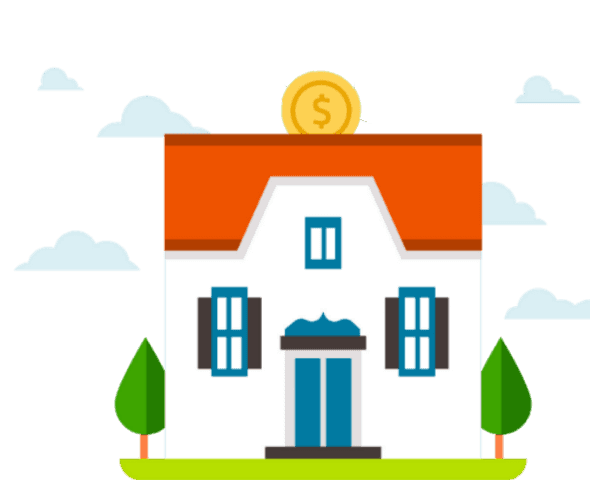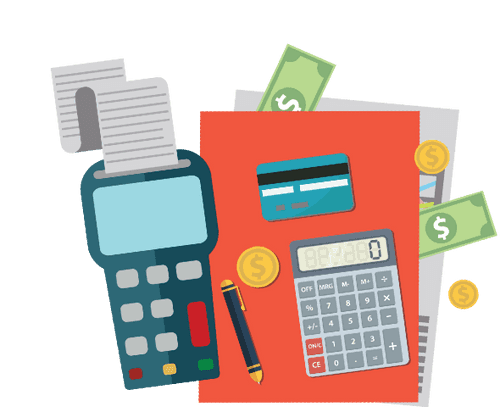Given the current environment over the last five months, it’s likely that you’ve seen the term “mortgage arrear” floating around. As a prospective or existing homeowner, sudden changes to your income could have considerable consequences if it starts affecting your ability to stay on top of your financial responsibilities. That said, understanding the term “mortgage arrear” and knowing how it could affect you is essential.
So, what exactly is a mortgage arrear?
A mortgage arrear is when a mortgage payment or obligation hasn’t been paid and received by its due date. With the recent pandemic forcing many businesses to alter the way they operate (or even close completely), a lot of Canadians have had to either deal with unemployment or a considerable change in their income. As a result, this has directly affected the ability of many Canadian homeowners to manage their financial obligations at this time.
Why is it important?
When you miss a mortgage payment, it’s recorded on your credit file and can therefore impact your credit score in the future. If you fail to make payments over time, this can also put your home at risk of being repossessed. That said, understanding how mortgage arrears work and knowing how to navigate these types of situations is incredibly important for any homeowner.
Some good news, however, is that Canadians have a pretty positive track record when it comes to making their mortgage payments during times of crisis. When the financial crisis hit in 2007-2008, Canadians were steady with their payments, increasing the mortgage arrear rate only by a mere 0.45%. Since the start of the COVID-19 back in March, Canadian banks have stepped up and offered mortgage deferrals and payment assistance to more than 710,000 Canadians. This program has been considerably helpful to those struggling, which has alleviated the stresses of missing payments and going into an arrear.
What do I do if I can’t make my payments?
If you’ve found yourself in a situation where you’re unable to make your mortgage payments on time, there’s a few things you can do. First, you’ll want to go through all of your expenses and work out a budget. This will help you better communicate with your lender and discuss how much you can afford to pay back in the meantime.
If your home is worth more than the mortgage, your lender might let you add your arrears to the total amount you owe. This is known as “capitalizing your arrears” and gives you the chance to pay this money back over the life of your mortgage. For example, assume that you fell behind on your mortgage payments and owe $14,000, plus $2,000 in fees and penalties. This $16,000 is now considered as arrears since that money was due but wasn't paid. If it’s capitalized, this $16,000 will be added to your principal balance owing. So, if you had $100,000 remaining on the mortgage, you will now have $116,000. From this point onward, your mortgage payments will be calculated based on the $116,000 owing, with interest charged on this new principal amount.
The second thing you can do is ask about mortgage protection insurance. For example, if you’ve fallen ill or lost your job during these past five months, you might be covered and could possibly use that money to make payments.
Once you and your lender figure out a plan that works best, your next step is to make sure you can cover your future payments comfortably. This could involve making small lifestyle changes, starting an emergency fund or shopping around to compare mortgage options. At Homewise, we are committed to finding the best mortgage for every client, especially in times like these. Keeping your best interests in mind, we work with over 30 banks and lenders to find the best-suited solution for your specific needs. To speak with one of our mortgage advisors, contact us today.
For more information about how Canadian Homeowners can receive help, please visit CANADA’S COVID-19 ECONOMIC RESPONSE PLAN: SUPPORT FOR CANADIANS AND BUSINESSES.







